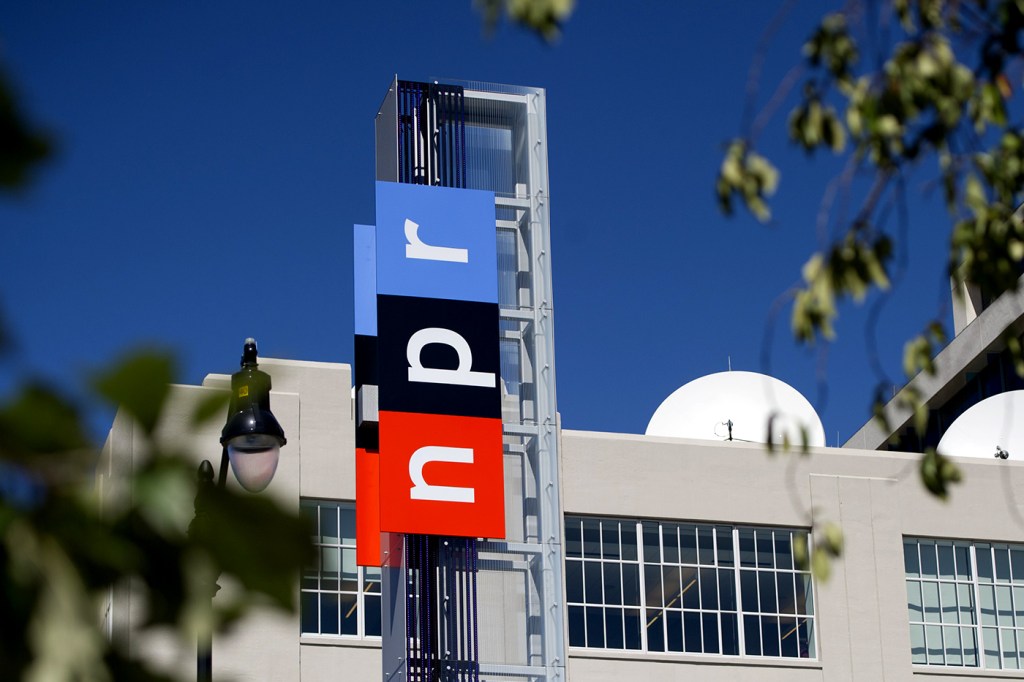Is NPR really ‘US state-affiliated’ media?

National Public Radio, colloquially “NPR,” has been affixed with a “US state-affiliated media” label on Twitter, a designation the social media company says is used to identify news outlets that are beholden to state power and serve to “advance a political agenda.”
The move prompted swift condemnation from media experts, who pointed out that outlets such as Russia’s RT and China’s Xinhua—perhaps two of the most notable purveyors of disinformation peddling state-run propaganda worldwide—also bear the “state-affiliated media” label, for obvious reasons.
To lump NPR, which receives some government funding, in with them is ridiculous, says John Wihbey, associate professor of media innovation and technology at Northeastern.

Although there’s been ongoing debate over best practices and strategies as it relates to labeling content on social media, Wihbey says Twitter owner Elon Musk’s latest move is just more “thumbing the nose” at the so-called mainstream media. “It’s unfortunate—and it is distracting,” he says.
“There’s been a debate about how to apply state-affiliated media labels to accounts, and also to individuals who are public officials, Wihbey adds. “But it is ridiculous to label NPR ‘state-affiliated media.’ It is clearly a partisan act.”
Indeed, Twitter users were quick to point out that its existing policy clarifies that outlets that receive state funding can maintain editorial independence—and should not be classified as “state-affiliated.”
According to InfluenceWatch, “NPR receives funding for less than 1% of its budget directly from the federal government, but receives almost 10% of its budget from federal, state and local governments indirectly.”
“By this definition, you could probably find—through subsidies, through direct grants, through tax breaks—that a giant number of institutions in American life are ‘state-affiliated,’” Wihbey says.
Wihbey continued: “It just seems like a stunt. But there is also a substantive question about how outlets like NPR should be labeled on the spectrum of media organizations or institutions that receive government funding.”
Wihbey, who worked as a consultant on Twitter’s misinformation team for several years, published a paper recently in the Yale Journal of Law & Technology looking at various content moderation strategies. He and his colleagues at the Ethics Institute proposed five metrics for social platforms designed to measure whether a labeling strategy is effective by tracking how users responded when confronted with certain labels.
“It has some ideas in it about what labels should do,” Wihbey says. “We should think about labels in terms of whether they help us learn something important. I’m not against ‘state-affiliated media’ as a label, but the question is: is it the right instrument to try to produce the results we want to see?
“The thing I worry about is not that people are going to believe that NPR is like a propaganda organization,” Wihbey continues. “But it does tend to erode—and Orwell worried about this—the meaning of common language. State-affiliated has a very common sense meaning to laypeople. So we have to be very careful about this, because it can cloud people’s trust in information by creating false equivalencies.”
Tanner Stening is a Northeastern Global News reporter. Email him at t.stening@northeastern.edu. Follow him on Twitter @tstening90.






